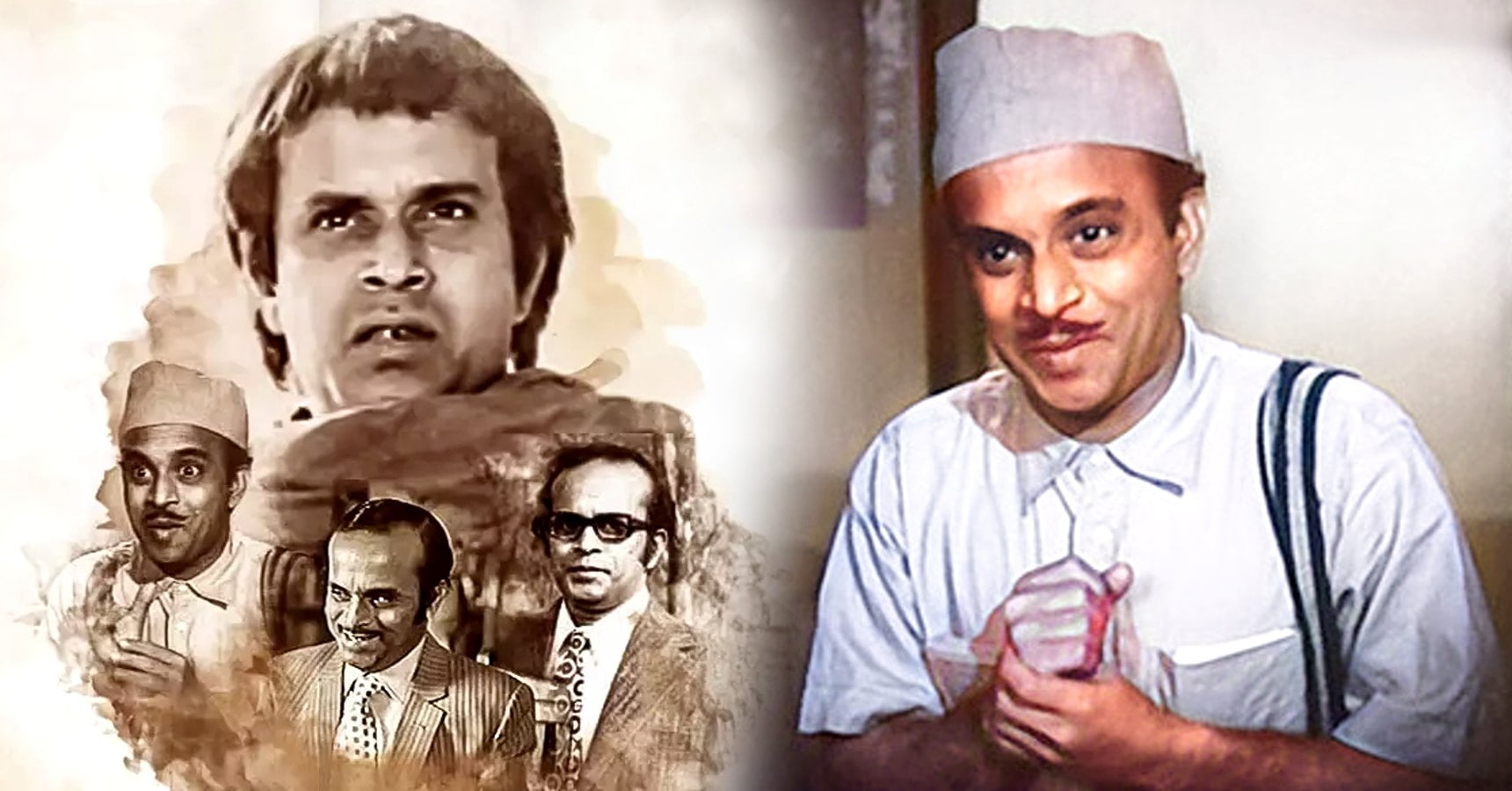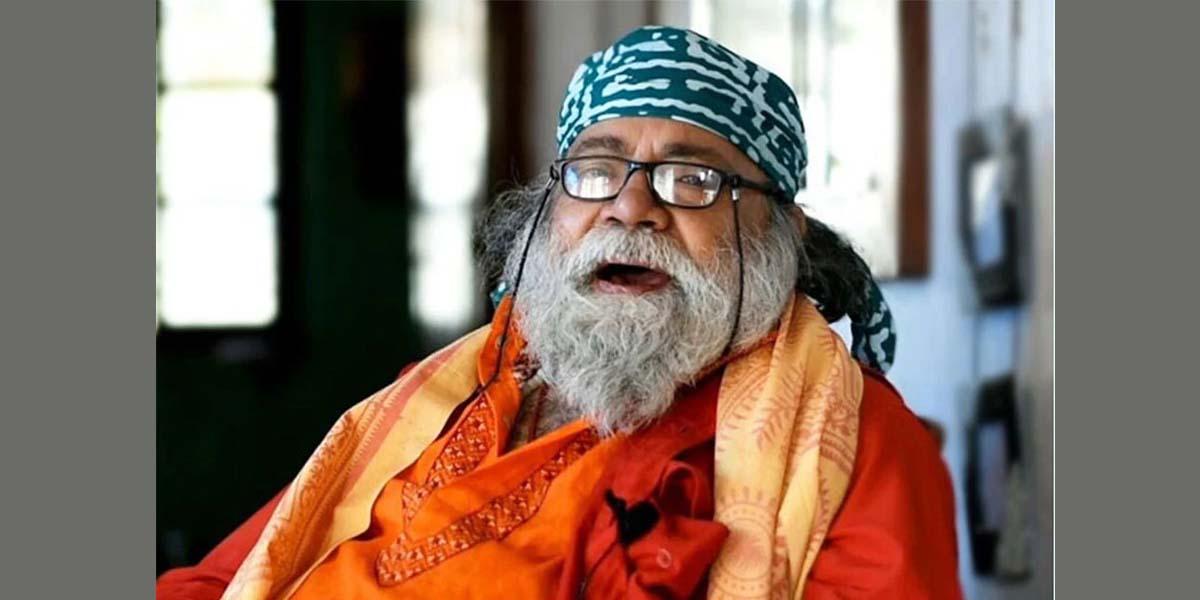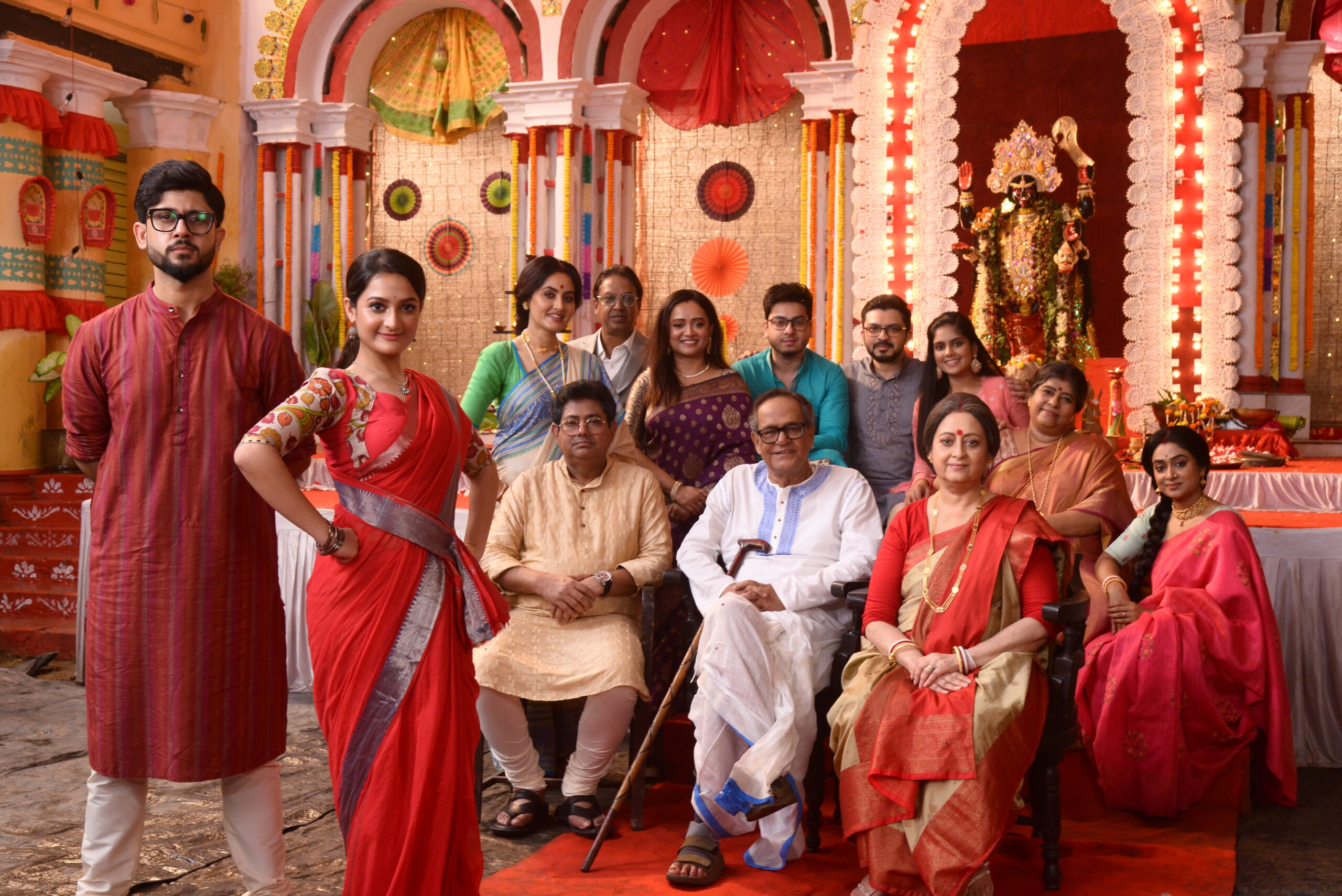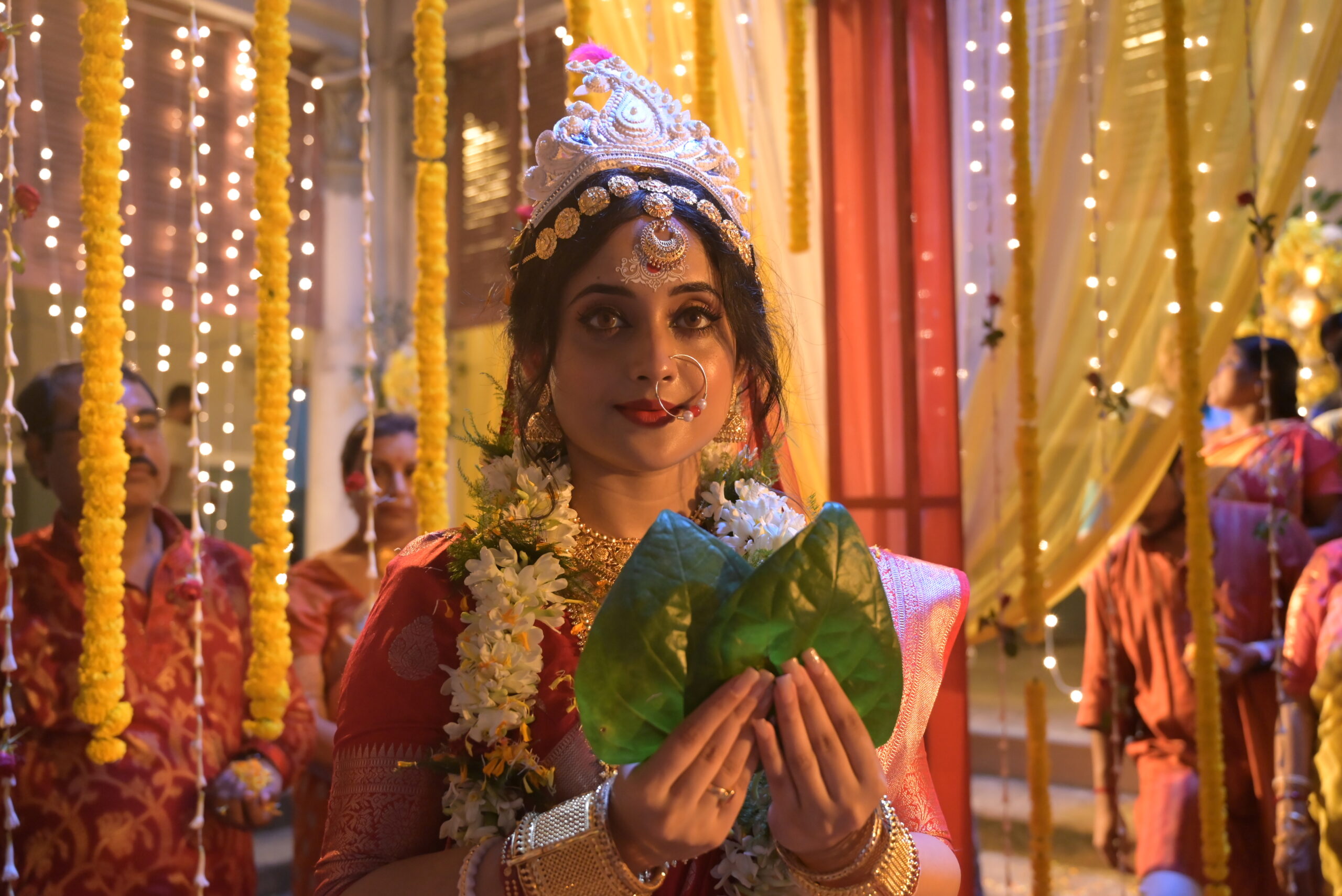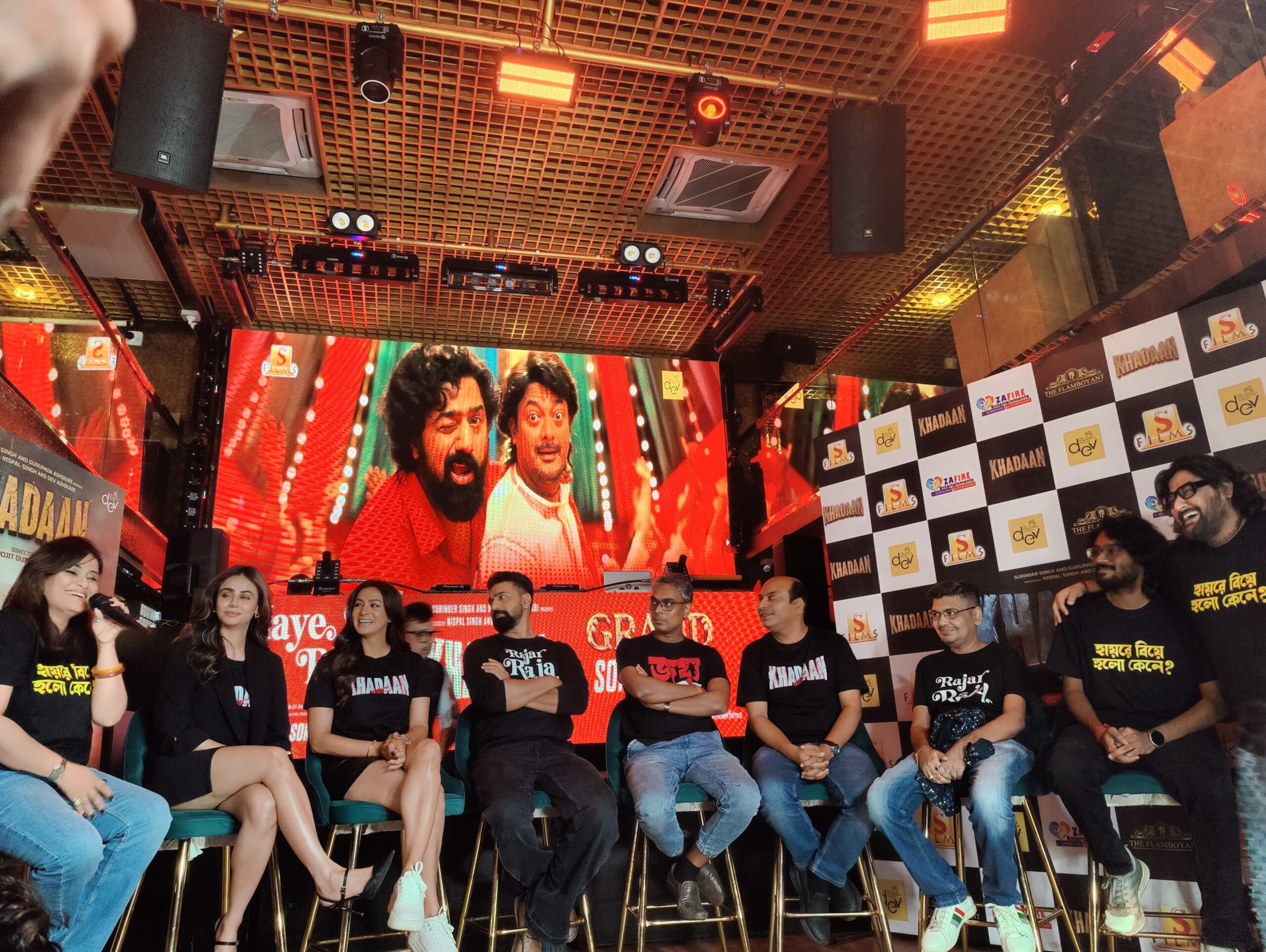Rabi Ghosh, one of the most celebrated actors in Bengali cinema, began his journey in the world of acting during his school days. His passion for acting took shape while he was still a student. Later, during his college years, he founded a theater group named Bandhoman with his friends and started rehearsing on the rooftop of Ashutosh College. However, his father, Jitendranath Ghosh Dastidar, strongly disapproved of his theatrical pursuits. Despite the lack of encouragement from his father, Rabi’s unyielding determination and his mother’s quiet support helped him persist. To avoid his father’s wrath, he would often return home late at night after rehearsals. Ironically, just five days before his first stage performance, his father passed away. Undeterred, Rabi told his mother, “The group has debts; canceling the show would cause more trouble.” Thus, even in mourning, he made his debut on stage.

Rabi Ghosh was the epitome of a character actor. While he gained fame for his comedic roles on stage, his off-screen personality was quite the opposite—serious and introspective. His commitment to acting remained unwavering throughout his life. In one instance, despite the tragic loss of his younger sister, Tapati, he performed in the play Kone Bibhrat the same evening, leaving no clue of his inner grief to the audience.

Rabi Ghosh had a deep admiration for Charlie Chaplin, whom he considered his greatest inspiration. Chaplin’s philosophy, “Actors search for rejection. If they don’t get it, they reject themselves,” resonated deeply with Rabi. Like Chaplin, he transformed personal pain into performances filled with humor and depth, creating a unique blend of entertainment and empathy.

Rabi’s cinematic journey began in 1959 with the film Ahoban. However, his career took a transformative turn with Tapan Sinha’s Golpo Holeo Shotti. In the film, Rabi played the role of a domestic help who, despite being a supporting character, became the heart of the story. From then on, his career soared as he masterfully portrayed a variety of roles. His notable collaborations with legendary filmmaker Satyajit Ray included films like Abhijan (1962), Mahapurush (1965), Aranyer Din Ratri (1970), Hirak Rajar Deshe (1980), Goopy Bagha Phire Elo (1991), and Agantuk (1991).

His versatility wasn’t limited to Ray’s films. Rabi Ghosh also excelled in works by other directors, such as Tapan Sinha’s Hansauli Banker Upakatha, Gautam Ghose’s Padma Nadir Majhi, and Tarun Majumdar’s Balika Bodhu. Over the course of nearly five decades, Rabi acted in close to a hundred films, leaving an indelible mark on Bengali cinema.

In 1970, Rabi attended the Berlin Film Festival for his role in Goopy Gyne Bagha Byne. His performances in classics like Basant Bilap (1973), Podi Pishir Barmi Baksho (1972), Dhonyi Meye (1971), Kal Tumi Aleya (1966), and Moner Alo (1964) showcased his remarkable range as an actor.

Though he was widely regarded as a comedian, Rabi Ghosh was a deeply thoughtful individual in real life. A voracious reader of spiritual texts like the Ramkrishna Kathamrita, he steered clear of gossip and superficial socializing. After losing his first wife, Anubha Gupta, Rabi remarried in 1982, tying the knot with Baishakhi Devi. His personal life, though marked by tragedy and loss, never overshadowed his dedication to his craft.
Even during his final years, Rabi remained committed to his art. In 1997, his humor anthology Hastey Jader Mana was published, and he continued to perform until his passing that same year.
Rabi Ghosh was more than just a comic actor—he was a storyteller who could blend humor with profound truths. His ability to breathe life into characters, his mastery of subtle expression, and his deep connection with the audience made him a timeless figure in Bengali cinema. Rabi Ghosh’s work remains a testament to his belief in the transformative power of acting, and his legacy continues to inspire generations of actors and film enthusiasts.








